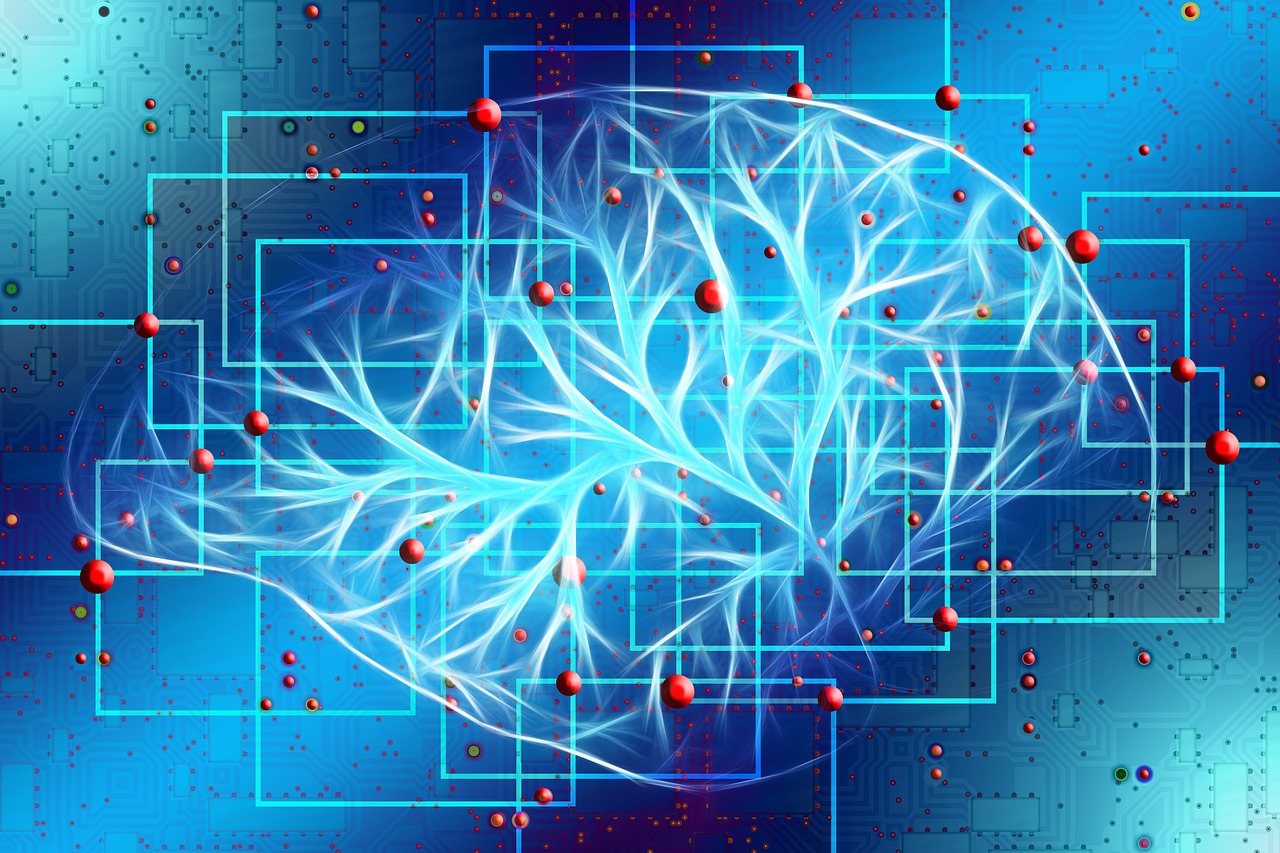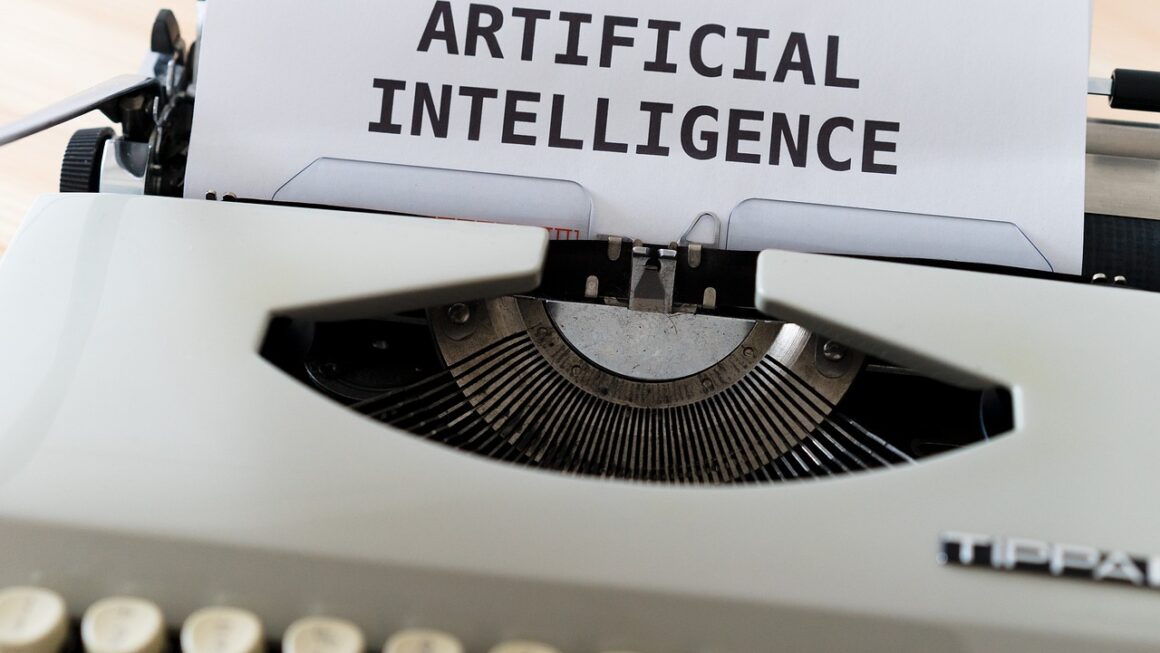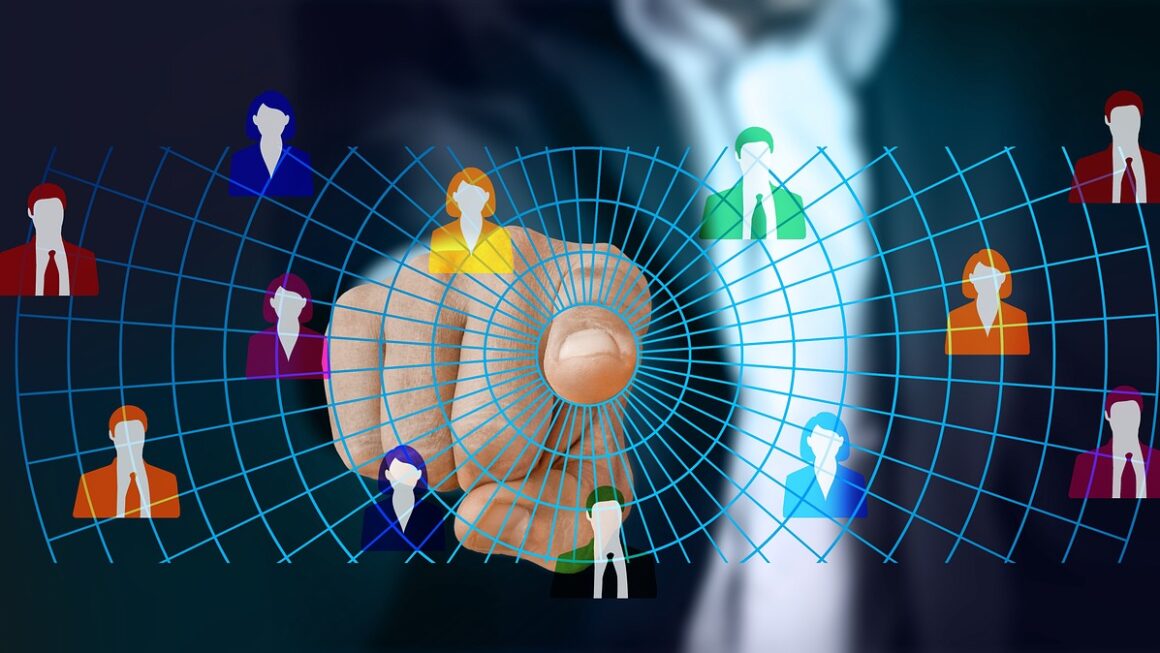The healthcare landscape is constantly evolving, and Artificial Intelligence (AI) is rapidly emerging as a transformative force. From streamlining administrative tasks to enabling more accurate diagnoses and personalized treatments, AI is poised to revolutionize how healthcare is delivered. This blog post explores the various applications of AI in healthcare, highlighting its potential benefits, challenges, and the future it promises.
AI-Powered Diagnostics and Early Detection
Enhancing Diagnostic Accuracy
AI algorithms can analyze vast amounts of medical data, including images, patient histories, and lab results, to identify patterns and anomalies that might be missed by human eyes. This can lead to earlier and more accurate diagnoses, ultimately improving patient outcomes.
- Image Analysis: AI excels at analyzing medical images such as X-rays, CT scans, and MRIs to detect subtle signs of diseases like cancer, cardiovascular conditions, and neurological disorders. For instance, AI-powered software can identify malignant nodules in lung scans with greater accuracy than radiologists in some cases.
- Data Integration: By integrating data from multiple sources, including electronic health records (EHRs), wearable devices, and genomic information, AI can create a more comprehensive picture of a patient’s health. This holistic view enables clinicians to make more informed decisions.
Examples of AI in Diagnostics
- Pathology: AI algorithms assist pathologists in analyzing tissue samples to diagnose cancer. These tools can automatically identify cancerous cells, quantify their growth, and predict their response to treatment.
- Cardiology: AI is used to analyze electrocardiograms (ECGs) to detect heart arrhythmias and other cardiovascular abnormalities. AI-powered ECG monitoring systems can provide real-time alerts to healthcare providers, enabling timely intervention.
- Ophthalmology: AI algorithms analyze retinal images to detect early signs of diabetic retinopathy, glaucoma, and age-related macular degeneration, preventing vision loss. Google’s DeepMind has made significant strides in this area.
AI in Personalized Medicine and Treatment
Tailoring Treatment Plans
One of the most promising applications of AI in healthcare is its ability to personalize treatment plans based on individual patient characteristics. By analyzing a patient’s genetic makeup, medical history, lifestyle, and other factors, AI can predict their response to different treatments and recommend the most effective approach.
- Pharmacogenomics: AI algorithms can analyze a patient’s genetic information to predict how they will respond to specific medications. This helps healthcare providers select the right drug and dosage for each patient, minimizing side effects and maximizing therapeutic benefits.
- Precision Oncology: AI is used to develop personalized cancer treatments based on the unique genetic profile of a patient’s tumor. This approach, known as precision oncology, involves analyzing the tumor’s DNA to identify mutations that can be targeted with specific drugs.
Optimizing Drug Discovery
AI is accelerating the drug discovery process by analyzing vast amounts of data to identify potential drug candidates and predict their efficacy and safety. This can significantly reduce the time and cost of bringing new drugs to market.
- Target Identification: AI algorithms can analyze genomic and proteomic data to identify potential drug targets – molecules that play a crucial role in disease development.
- Drug Repurposing: AI can identify existing drugs that may be effective in treating other diseases. This approach, known as drug repurposing, can significantly accelerate the drug development process.
AI-Driven Automation and Efficiency
Streamlining Administrative Tasks
AI can automate many administrative tasks in healthcare, freeing up healthcare providers to focus on patient care. This can improve efficiency, reduce costs, and enhance the overall patient experience.
- Appointment Scheduling: AI-powered chatbots can handle appointment scheduling and reminders, reducing the workload on administrative staff.
- Claims Processing: AI can automate claims processing, reducing errors and speeding up reimbursement cycles.
- Medical Coding: AI can assist with medical coding, ensuring accurate and efficient billing.
Improving Workflow Efficiency
AI can also improve workflow efficiency by optimizing resource allocation, predicting patient flow, and managing inventory.
- Predictive Analytics: AI can analyze historical data to predict patient flow, allowing hospitals to allocate resources more effectively.
- Inventory Management: AI can track inventory levels and predict demand, preventing shortages and minimizing waste.
Remote Patient Monitoring and Telehealth
Enhancing Access to Care
AI is enabling remote patient monitoring and telehealth, expanding access to care for patients in remote areas or those with chronic conditions.
- Wearable Devices: AI-powered wearable devices can monitor patients’ vital signs, activity levels, and sleep patterns. This data can be used to detect early signs of health problems and provide personalized recommendations.
- Virtual Assistants: AI-powered virtual assistants can provide patients with medication reminders, answer their questions, and connect them with healthcare providers.
Empowering Patients
Remote patient monitoring and telehealth empower patients to take a more active role in their own healthcare.
- Personalized Feedback: AI can provide patients with personalized feedback based on their health data, helping them make informed decisions about their lifestyle and treatment.
- Proactive Interventions: AI can detect early signs of health problems and trigger proactive interventions, such as sending alerts to healthcare providers or scheduling follow-up appointments.
Conclusion
AI is rapidly transforming the healthcare industry, offering a wide range of benefits, from improved diagnostics and personalized treatments to streamlined administrative tasks and enhanced access to care. While challenges remain, such as data privacy and ethical considerations, the potential of AI to revolutionize healthcare is undeniable. By embracing AI and addressing these challenges proactively, we can unlock its full potential to improve patient outcomes and create a more efficient and effective healthcare system. The key takeaway is that AI is not intended to replace healthcare professionals but rather to augment their abilities and free them to focus on the most critical aspects of patient care.




